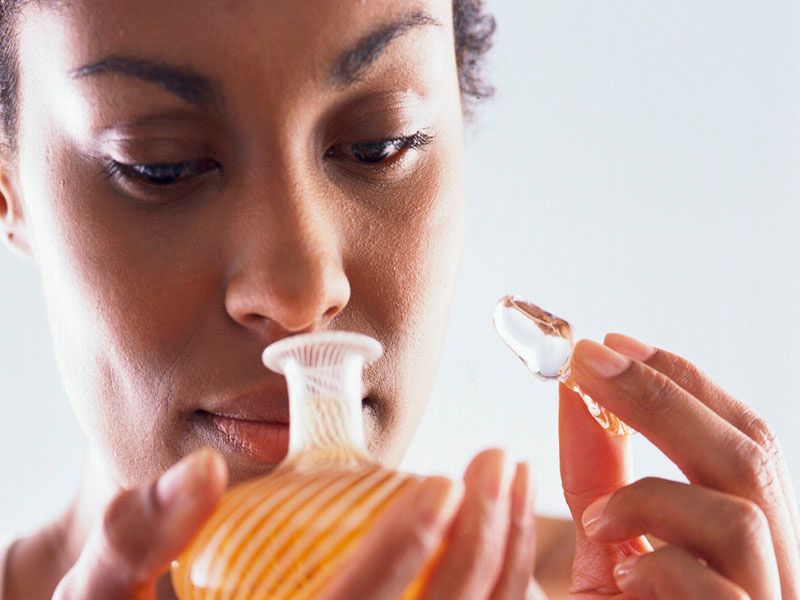
Loss of the sense of smell and taste is often an early and enduring symptom of COVID-19. Now, research suggests that for many COVID survivors with long-term sensory loss, it’s also depressing.
In a web-based survey completed by 322 adults with COVID and a sudden change in smell or taste, 56% reported decreased enjoyment in life and 43% admitted feeling depressed after losing their sense of smell.
“For those of us who have our sense of smell and taste, we take it so much for granted that it’s hard to imagine it would be a big deal to lose it,” said study lead author Dr. Daniel Coelho, an otolaryngology professor at Virginia Commonwealth University. “But it’s not just about food not tasting great, or flowers not smelling like flowers. It has much more serious implications for both quality of life and safety.”
More than half of the respondents (57%) noted they had experienced at least one safety-related issue as a result of their smell loss, such as being unable to detect smoke. Thirty-six percent reported two or more safety-related issues, according to the VCU researchers.
The findings were recently published online in the American Journal of Otolaryngology.
Safety aside, reduced smell and taste could be devastating enough for some, especially if those senses are tied to their livelihoods. A third of infected wine stewards who responded to a French Union of Oenologists’ survey said contracting COVID had affected their ability to work.
Richard Doty, director of the Smell and Taste Center at the University of Pennsylvania, was not part of the new study, but said he and his colleagues also followed COVID-19 patients for smell loss in their own research.
“In a study of 100 patients, 96 people clearly had demonstrable smell loss when measured, although a significant number, close to a third, weren’t aware of it until they were tested,” Doty said. “We also followed these people over the course of up to eight weeks and found that about two-thirds get back to normal during that time period, objectively measured.”
He said the odds of regaining smell aren’t nearly as good when the sense is lost through the common cold or head trauma.
During the pandemic, TikTok videos and support groups like AbScent have popped up or expanded to give those affected a space to discuss their cases and swap do-it-yourself smell-retraining tips.
A New York Times’ restaurant critic even detailed her path to regaining smell and taste on “The Daily” podcast, including burning oranges based on a social video tip. (It didn’t work.)
For those who don’t have the time to actively work to retrain their noses or aren’t interested in trying, there’s reason for hope. Researchers at Doty’s center have found that the same percentage of patients will get their smell sense back naturally.
For folks who may never regain it, therapy and looking at the bigger picture can be helpful.
“It’s highly idiosyncratic,” Doty said. “Some people are not depressed and other people are severely depressed. But I think at some point, the majority of people come to grips with dealing with the situation, particularly when they realize that it’s not as life-threatening as loss of vision or hearing or other things. Putting it into perspective can really help people overcome their depression.”
More information
New York Times’ restaurant critic Tejal Rao explained how she retrained her sense of smell after COVID on The Daily podcast.
SOURCES: Daniel Coelho, MD, professor, otolaryngology, and section chief, otology and neurotology, Virginia Commonwealth University, Richmond; Richard Doty, PhD, professor, otorhinolaryngology, and director, Smell and Taste Center, University of Pennsylvania, Philadelphia; American Journal of Otolaryngology, March 22, 2021, online
Source: HealthDay

Leave a Reply